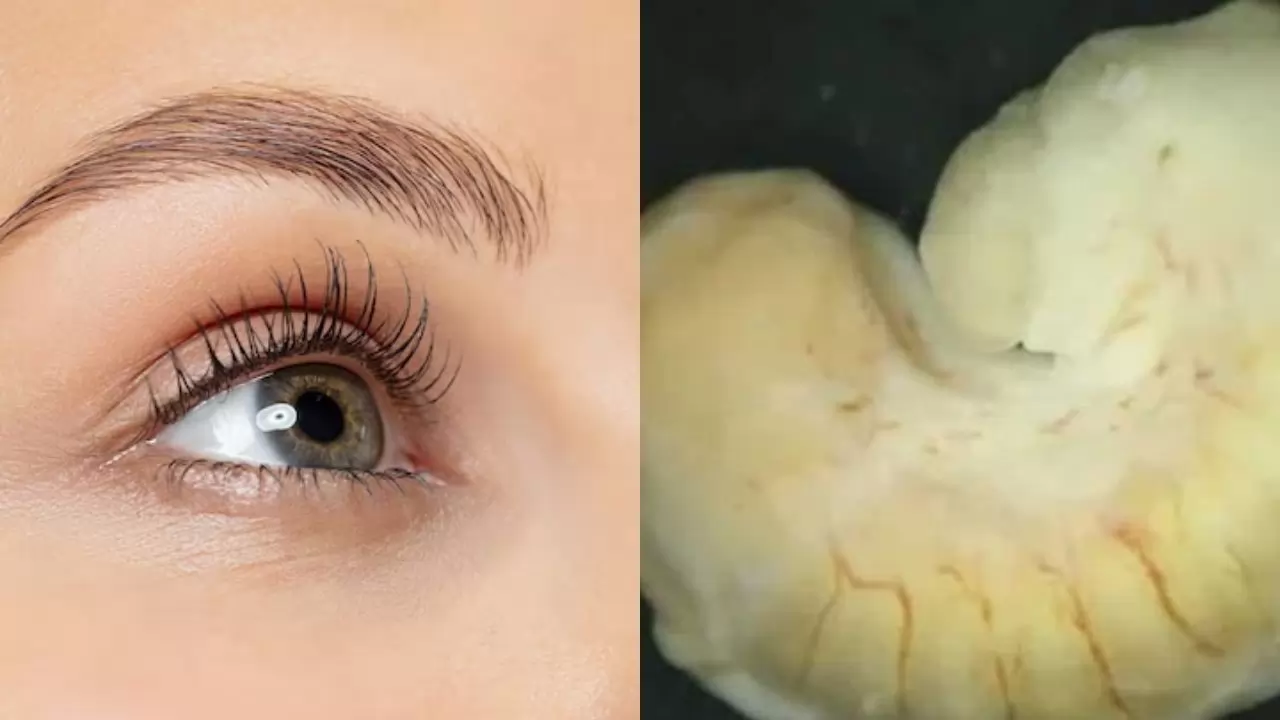
X
In a startling medical revelation, doctors have uncovered a unique case where a woman had been unknowingly hosting a rare parasite in her eye for two whole years. The astonishing discovery sheds light on an unusual medical condition believed to stem from consuming contaminated crocodile meat, as detailed in a recent case report published in JAMA Ophthalmology.
The tale begins with a 28-year-old woman hailing from Basankusu, Congo, who sought medical attention for a peculiar issue: a growing mass in her left eye. Astonishingly, she experienced no discomfort besides the visible lump. Upon examination, doctors were surprised to find a mobile mass beneath the conjunctiva, the eye's transparent outer layer. Surgical removal unraveled a pale, C-shaped larva measuring approximately 0.4 inches (10 millimeters), according to the study's findings.
Further analysis revealed the identity of the unwelcome guest: Armillifer grandis, a parasite notorious for infecting humans in Africa. Typically, these parasites rely on snakes as their primary hosts, with rodents serving as intermediate hosts. Human infections usually occur through accidental ingestion of eggs from contaminated food or water, or via close contact with infected snakes. Consumption of undercooked snake meat has also been documented as a route of transmission.
The woman denied any interaction with snakes, leading doctors to suspect crocodile meat as the potential source. They noted her regular consumption of crocodile meat, although no prior instances of Armillifer grandis infection have been reported in people who consume this meat. Nevertheless, it's established that crocodiles can carry pentastomids, opening up the possibility of infection through ingesting crocodile meat containing parasite eggs. This case suggests a potential new transmission pathway for Armillifer grandis.
Additionally, doctors speculated another plausible scenario: the contaminated meat might have originated from market stalls where snake meat is sold. Cross-contamination could have occurred in such settings, offering an alternative explanation for the woman's condition.





Copyright © 2026 Top Indian News
